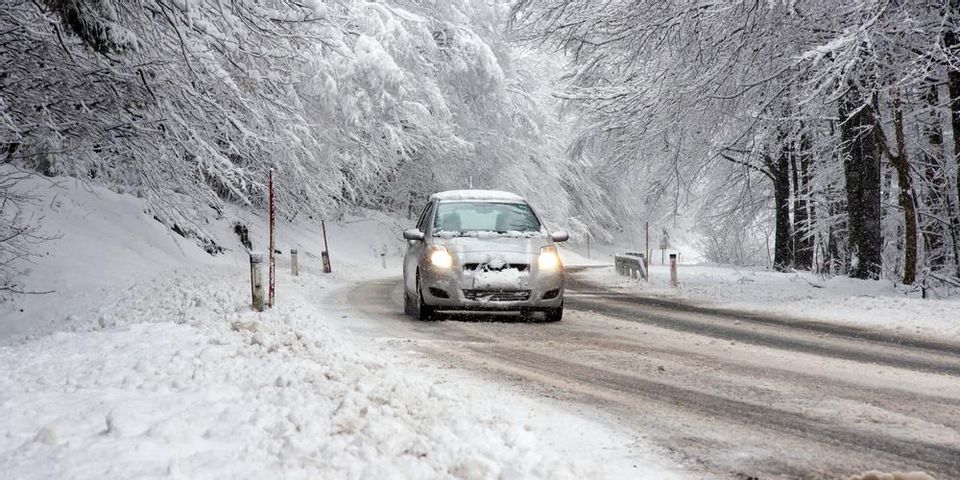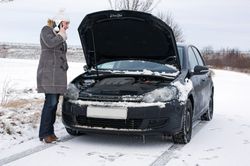
Winter can be incredibly beautiful, but also incredibly dangerous. Icy conditions limit your car's ability to react in time to avoid accidents. And low temperatures, snow, and salt and sand on the road can all be hard on your car. The guide below lists problems your auto parts may face because of the cold, as well as how to address them.
How Winter Weather Can Hurt Your Vehicle
1. Causing Metal Corrosion
Metal can rust when exposed to water and oxygen. Unfortunately, during the winter, rocks can get tossed up into the undercarriage, chipping away the paint and protective finishes. Furthermore, salt can too, and since it contains free-radical ions, it speeds the rusting process. Therefore, wash your car regularly.
2. Impacting Battery Performance
 While car batteries are designed to work within a range of temperatures, performance can suffer when your car sits in extreme temperatures. Battery performance drops about 20% in freezing weather and plummets another 30% when the temperature drops to -22 degrees Fahrenheit. To improve the health and performance of your car battery, try to park your vehicle inside a garage as often as possible during the winter months.
While car batteries are designed to work within a range of temperatures, performance can suffer when your car sits in extreme temperatures. Battery performance drops about 20% in freezing weather and plummets another 30% when the temperature drops to -22 degrees Fahrenheit. To improve the health and performance of your car battery, try to park your vehicle inside a garage as often as possible during the winter months.
3. Making Rubber Brittle
Cold weather can also make rubber auto parts like tires, timing belts, and hoses more brittle, which can lead to pitting, fine cracks, and even sudden fractures and leaks. Before and after winter, have your car inspected by a mechanic to check for auto part damage.
If you need replacement auto parts for your vehicle, turn to Northwest Auto Parts in Anchorage, AK. As specialists in automotive components, these experts focus on keeping costs low, offering customers as much as 50% off of full retail prices. Learn more about this 37-year old business by reading the answers to their most frequently asked questions online. You can also call (800) 770-6531 with questions.
About the Business
Have a question? Ask the experts!
Send your question

